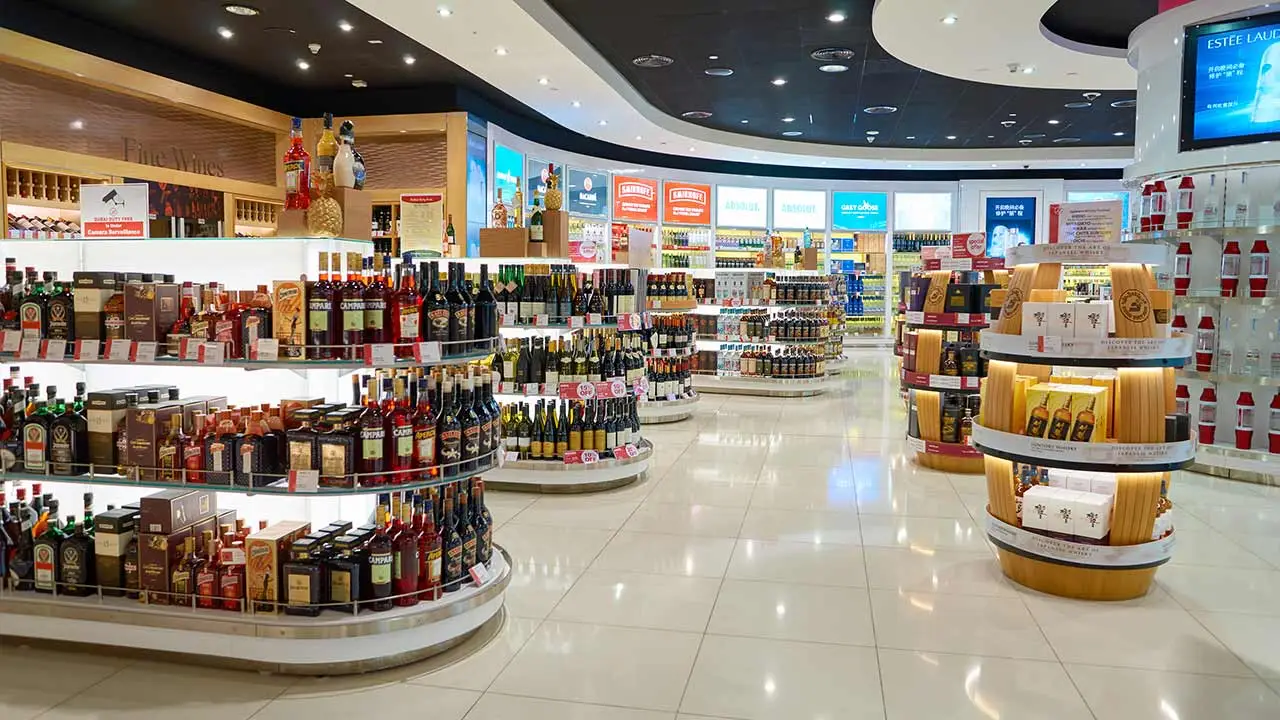The Brexit transition period ended on 31 December 2020. From 1 January 2021, there are new rules around what goods you can bring into the UK for personal and commercial use.
Goods for personal use
If you are returning to the UK from the EU, you are treated the same as if you were returning from a non-EU country.
Any goods you bring into the UK are subject to personal allowances (see below). If you exceed your personal allowance you'll need to pay tax / duty on all of the goods in that category, not just the excess amount.
- Alcohol - 42 litres of beer, 18 litres of still wine, 4 litres of spirits, or 9 litres of sparkling wine / fortified wine / any alcoholic beverage below 22% ABV
- Tobacco - 200 cigarettes, 100 cigarillos, 50 cigars, 250 grams of tobacco or 200 sticks of tobacco
- Other - Any other goods up to the value of £390 (or £270 if travelling by boat or plane)
If the goods are made or produced in the EU and you declare the full amount when you return, UK Border Force may apply a 0% preferential tax rate even if you've exceeded your personal allowance due to the Free Trade Agreement the UK has signed with the EU.
Goods for commercial use
Commercial use means goods that are intended for business or trade use and are carried in luggage or a small motor vehicle.
For goods below £1500 in value and 1000 kg in weight, travellers make a simple online declaration to HMRC and pay duty or tax due up to five working days before arriving in the UK. Full details are on the gov.uk website.
For goods above £1500 in value or 1000 kg in weight, or excise / controlled goods of any value / weight, travellers or their agents submit a full electronic customs declaration to HMRC before arriving in the UK.
From 1 January 2022, if you are carrying commercial goods over the value of £1500 in a vehicle; you must submit a safety and security declaration to HMRC in addition to a full customs import declaration.
Brining cash into the UK
If you are bringing £10,000 or more (or equivalent) in cash into the UK, you will need to make a customs declaration online at gov.uk/bringing-cash-into-uk.
Amounts less than £10,000 (or equivalent) do not need to be declared.
Goods for personal use from Great Britain to Northern Ireland
UK residents do not have to declare goods that they carry from Great Britain to Northern Ireland unless UK VAT / excise duty has not been paid on the goods and they exceed personal allowances.
Non-UK residents travelling from Great Britain to Northern Ireland must declare goods they are carrying if they exceed their personal allowances. You can check allowances, make a declaration and pay any tax and duty owed using the Trader Support Service.
Goods for commercial use from Great Britain to Northern Ireland
You must get an EORI number and declare the goods to HMRC through the free Trader Support Service linked above.
You can make an oral declaration if your port of entry has the appropriate facilities and your goods have a value less than £873, weigh less than 1000 kgs and are not subject to any prohibition or restriction including alcohol, tobacco or fuel.
If your goods are not eligible for an oral declaration, or there are not the facilities for an oral declaration at your port of entry, you should use the Trader Support Service.

